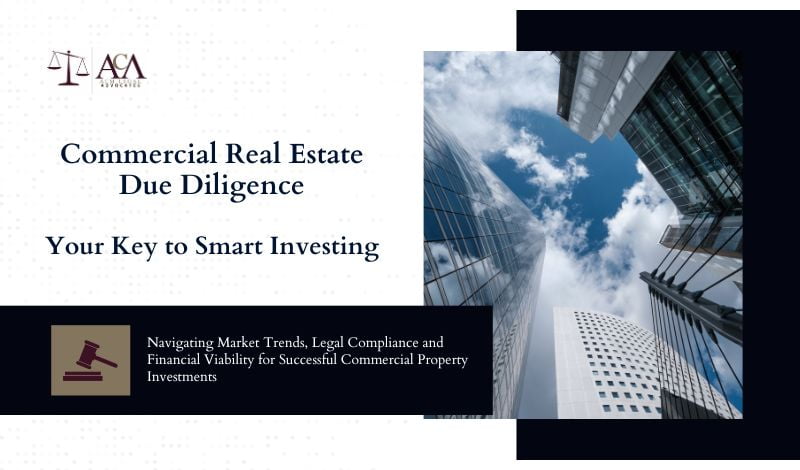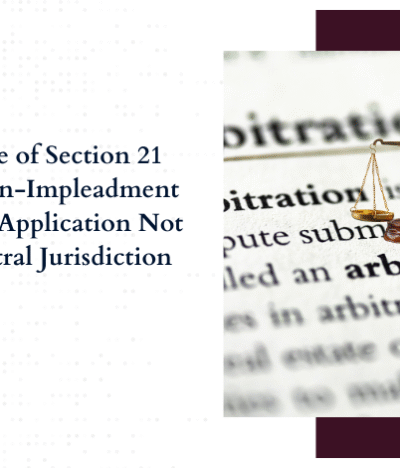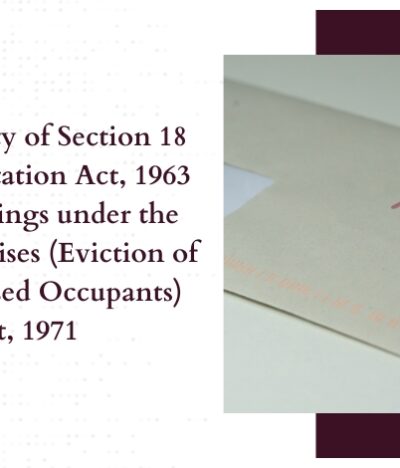When investing in commercial real estate, are you fully prepared? Understanding the complexity of property investments in India requires more than just financial stability.
Property investments demand a thorough understanding and assessment of various factors. This is where a complete commercial real estate due diligence checklist becomes your most important tool. Understand the complex investment process in India with our complete due diligence checklist.
What is Due Diligence for Commercial Real Estate?
Due diligence regarding commercial real estate is the process of systematically reviewing all aspects of a property before acquiring it. It’s an important step that helps investors make informed decisions, mitigate risks and ensure that the property aligns with their investment goals.
Commercial Real Estate Due Diligence Checklist
Below is the checklist for real estate due diligence:
1. Market Study
Market research is important as it provides insights into a property’s value and its potential in the market. It provides a detailed examination of market dynamics, economic trends and the overall business environment.
Market Trends and Demand
- Understanding factors like population growth, economic indicators and business development in various areas.
Competitive Analysis
- Identify key market players, their strategies and market shares.
- Analyse competing properties’ occupancy rates, rental prices and amenities to measure competition
Customer Demographics
- Study the demographic profile, purchasing behaviour and preferences of the targeted customers to tailor investment strategies.
Future Development Plans
- Investigate upcoming infrastructure or development projects in the area that might impact the commercial real estate deal.
2. Title and Ownership
The title and ownership must be verified before acquiring a commercial property to ascertain the property is legally sellable and free from disputes by examining its title history, current ownership status and any potential legal claims.
Title Search
- Confirm the legal ownership of the property and check for clear title and any legal claims.
Ownership History
- Review the history of ownership to identify any potential issues or disputes.
3. Property and Land Use
The assessment of property and land use is important for acquiring commercial real estate. A thorough examination of property and land use ensures legal compliance with local zoning laws, environmental regulations and land use laws which aligns the property with intended objectives.
Physical Inspection
- Conduct a thorough inspection of the property to assess its condition and maintenance needs.
Land Use Compliance
- Ensure the property complies with local zoning laws and land use regulations.
4. Environmental Assessment
This step involves identifying any environmental liabilities such as water quality issues or exposure to hazardous materials. It involves thorough inspections and evaluations to ensure compliance.
Environmental Site Assessment (ESA)
- Conduct an ESA which involves a thorough investigation of the property’s historical land use.
Hazardous Materials
- Examine the handling, storage and disposal activities of hazardous materials on the property.
- Identify any potential environmental hazards associated with the production or storage of materials and assess compliance with waste management regulations.
Compliance with Regulations
- Verify adherence to environmental laws and regulations.
- This includes assessing adherence to zoning laws, waste disposal regulations and other environmental requirements governing commercial properties.
5. Building and Structural Integrity
Assessing the physical condition of the building, including its foundations, roofing, walls and other critical structural elements aims to ensure safety, stability and longevity.
Structural Inspection
- Evaluate the structural integrity of the building including foundations, roofing and load-bearing elements.
Safety Compliance
- Ensure the property meets all safety codes and regulations.
6. Financial Assessment
Conduct a thorough review of the property’s financial records including income, expenses and profitability statements. Determine the fiscal health and viability of the property by scrutinizing tax records, assessing revenue streams and evaluating operating costs.
Revenue and Expenses
- Review current and projected revenue streams, operating expenses and profitability.
Tax Records
- Examine property tax records for any outstanding liabilities or discrepancies.
Operating Expenses and Capital Expenditures
- Assess the property’s operating costs, including maintenance, insurance, property management and utilities.
7. Leases and Tenancies
Examine all lease agreements and the nature of tenant relationships to understand the terms, durations and conditions of the agreement as well as assess the stability and reliability of current tenants.
Tenant History
- Assess the history and stability of current tenants, including payment records.
Lease Agreements and Contracts
- Reviewing all lease agreements to understand tenant obligations, lease terms and potential legal implications.
- Examining vendor contracts related to property management, maintenance and services.
Tenant History
- Assess the history and stability of current tenants, including payment records.
8. Insurance and Utilities
Conducting a comprehensive review of insurance, liability, utilities and services is important. This ensures that the property has adequate insurance coverage for property damage and liability claims. It’s also important to confirm the availability and adequacy of essential utilities like water, electricity, gas and sewage along with reviewing the contracts for services such as security and maintenance.
Insurance Policies
- Check for adequate insurance coverage including property, liability and other relevant policies.
- Review the history of insurance claims made on the property.
Evaluating Essential Services and Infrastructure
- Review contracts for services like security, maintenance and utilities.
9. Closing and Post-Close Activities
These are the final steps required to complete the transaction including the execution of legal documents, financial settlements and transfer of ownership. It extends to post-close activities, such as ensuring compliance, managing transitions smoothly and initiating any necessary follow-up actions.
Documentation Review
- Thoroughly reviewing and verifying all transaction documents including sales contracts, deeds and financing agreements.
Financial Settlement
- Ensuring timely fund transfers and adherence to agreed-upon financial terms.
- Confirming the proper allocation of funds (earnest money, closing costs and others).
Post-Close Compliance
- Ensuring adherence to all legal and regulatory requirements.
- Addressing any post-closing obligations, warranties or indemnifications outlined in the closing documents.
Frequently Asked Questions
1. What exactly does due diligence mean in the context of commercial real estate?
Due diligence in commercial real estate refers to the complete process of investigating and evaluating a property before purchasing. This involves analyzing various aspects such as
- Legal
- Financial
- Physical
- And environmental conditions of the property.
2. What makes a due diligence checklist essential in commercial property dealings?
A due diligence checklist is important as it systematically guides the buyer through all significant factors that need to be considered. This checklist helps in identifying:
- Potential risks
- Property’s true value
- And ensuring legal and regulatory compliance.
3. What are the key components of a commercial real estate due diligence checklist?
The key components of a commercial real estate due diligence checklist are listed below:
- Title and Ownership Verification
- Property and Land Use Analysis
- Environmental Assessment
- Building and Structural Integrity Inspection
- Financial Assessment
- Review of Leases and Tenancies
- Insurance, Liability, Utilities, and Services Evaluation
- Legal Compliance and Risk Analysis
4. What role does property valuation play in commercial real estate due diligence?
Property valuation determines the market value of the property, helping investors understand its profitability potential. This valuation takes into account factors like location, condition, market trends and revenue-generating capabilities.
5. Why is reviewing maintenance history important in commercial real estate due diligence?
Reviewing the maintenance history is important as it provides insights into the property’s condition and the upkeep efforts of current management. It helps in identifying potential future repair costs and analyzing whether the property has been well-maintained, which can significantly impact its value and operational efficiency.
6. What legal aspects should be considered in commercial real estate due diligence?
Legal aspects of due diligence include:
- Ensuring clear property title
- Compliance with zoning and land use laws
- Adherence to environmental regulations
- Reviewing existing lease agreements
- Assessing any legal disputes or liabilities that could affect the property
Final Words
Understanding the complexities of commercial real estate demands thoroughness, this article provides guidance for meticulous legal intricacies involved in due diligence Each checklist contributes to a comprehensive understanding. Venturing into commercial real estate requires diligence and expertise. ACM Legal is here to provide the support and clarity you need for successful property investments.






